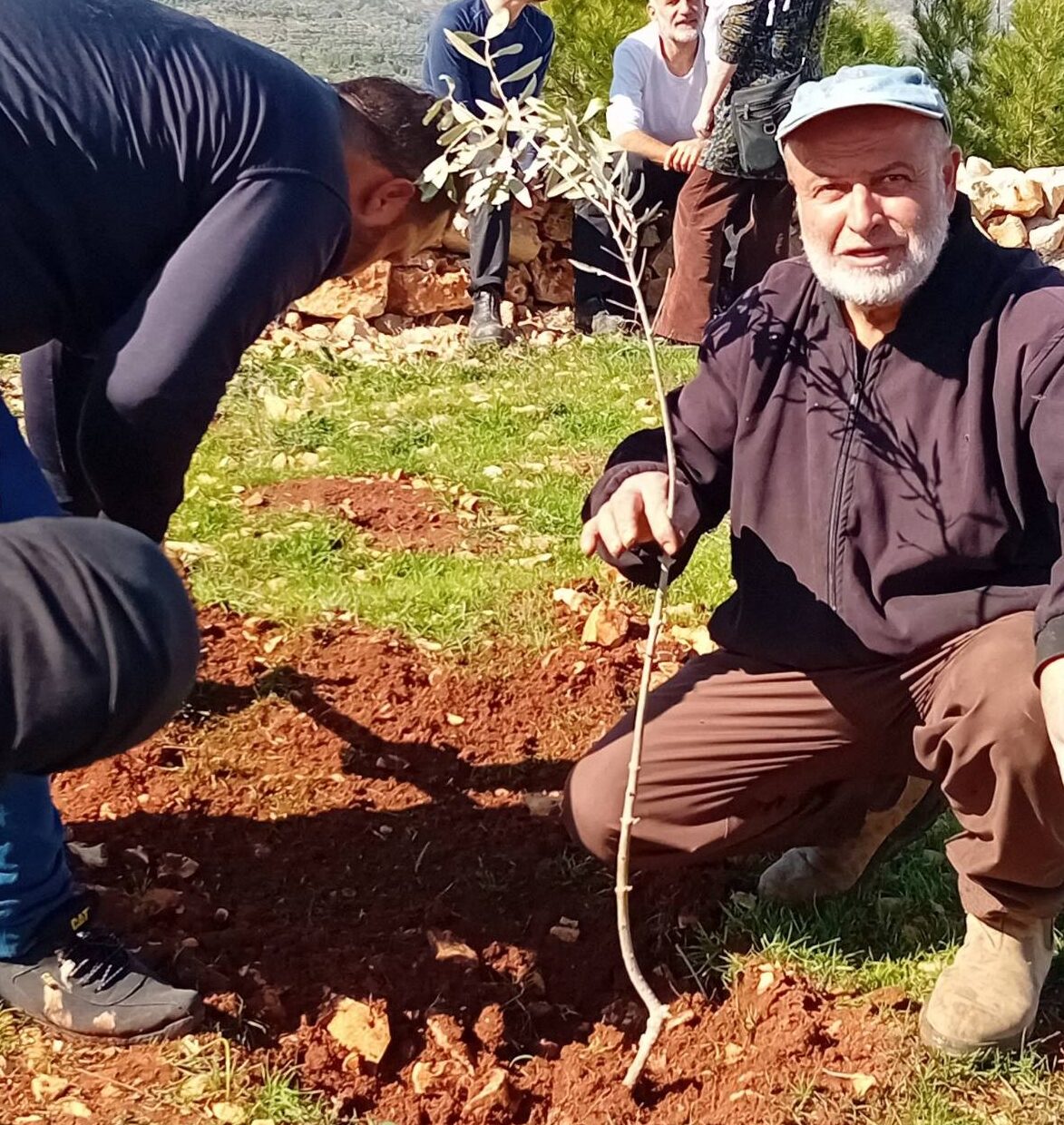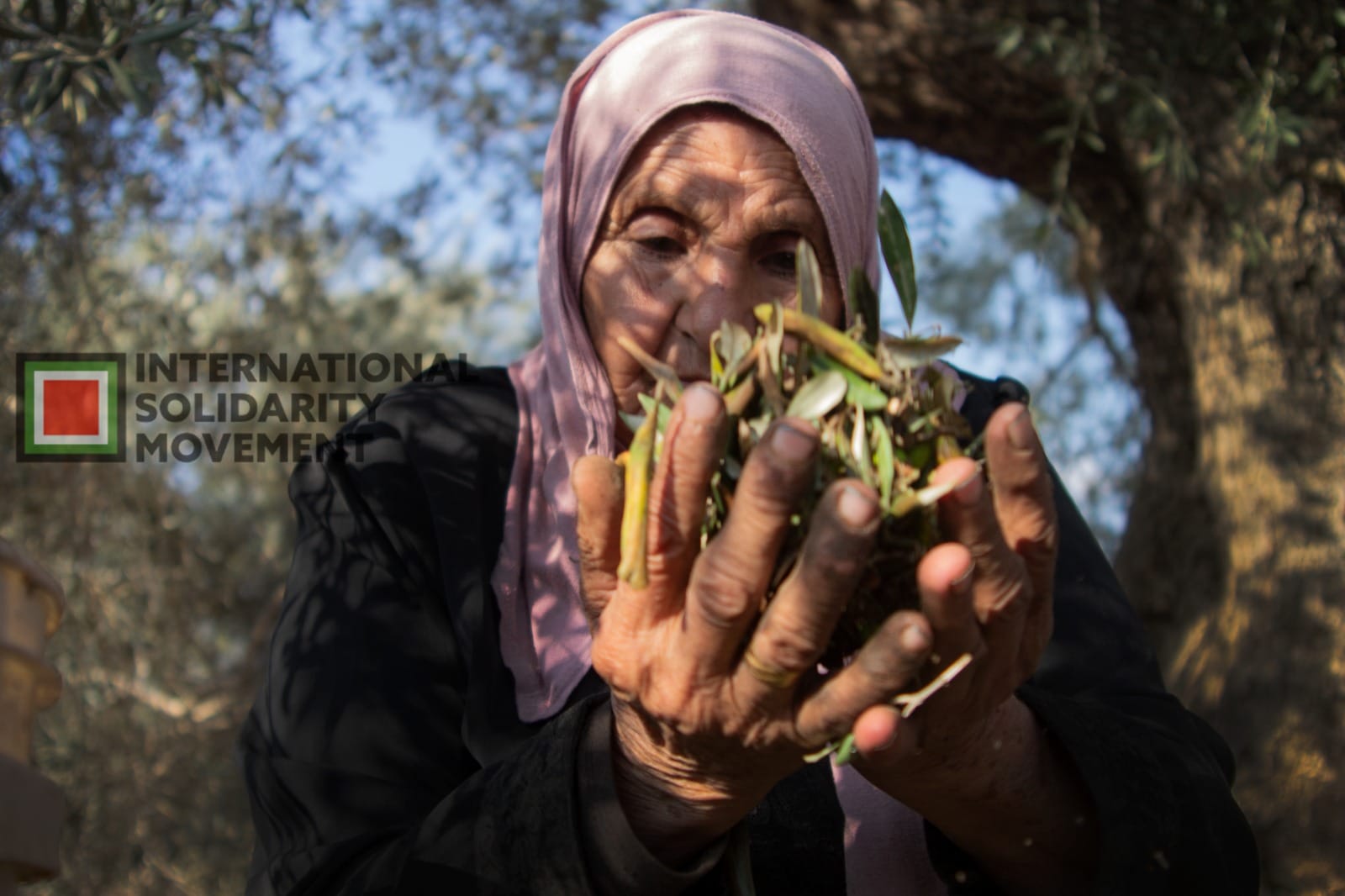Tag: Olive Trees
-

Planting olive trees as an act of resistance
21 January 2024 | International Solidarity Movement | Umm Safa On January 20, ISM volunteers joined with Israeli activists to work alongside villagers of Umm Safa, a village 30km north of Ramallah, planting olive trees and vines on part of the 200 dunums (50 acres) of the village’s communal land. Replacing some of the…
-

Olive Harvest 2022: Call for Volunteers
September 15 | International Solidarity Movement | Occupied Palestine ISM is issuing an urgent call out for volunteers to join the 2022 Olive Harvest at the invitation of Palestinian communities, starting next month. Olive trees are a national symbol in Palestine. As hundreds of thousands of trees have been uprooted by the Israeli military…
-

Al Shoroq: The activist farmers resisting Israeli annexation in Beit Ummar
August 20 | International Solidarity Movement | Beit Ummar, Occupied Palestine Beit Ummar is an agricultural town and farming community just north of Hebron, with a populace of about 17,000. Al Shoroq, a Palestinian led group comprised of local activists based in the region since 2013 founded by longstanding committee members, work with…
